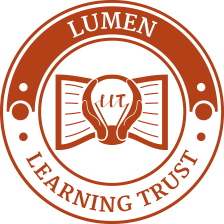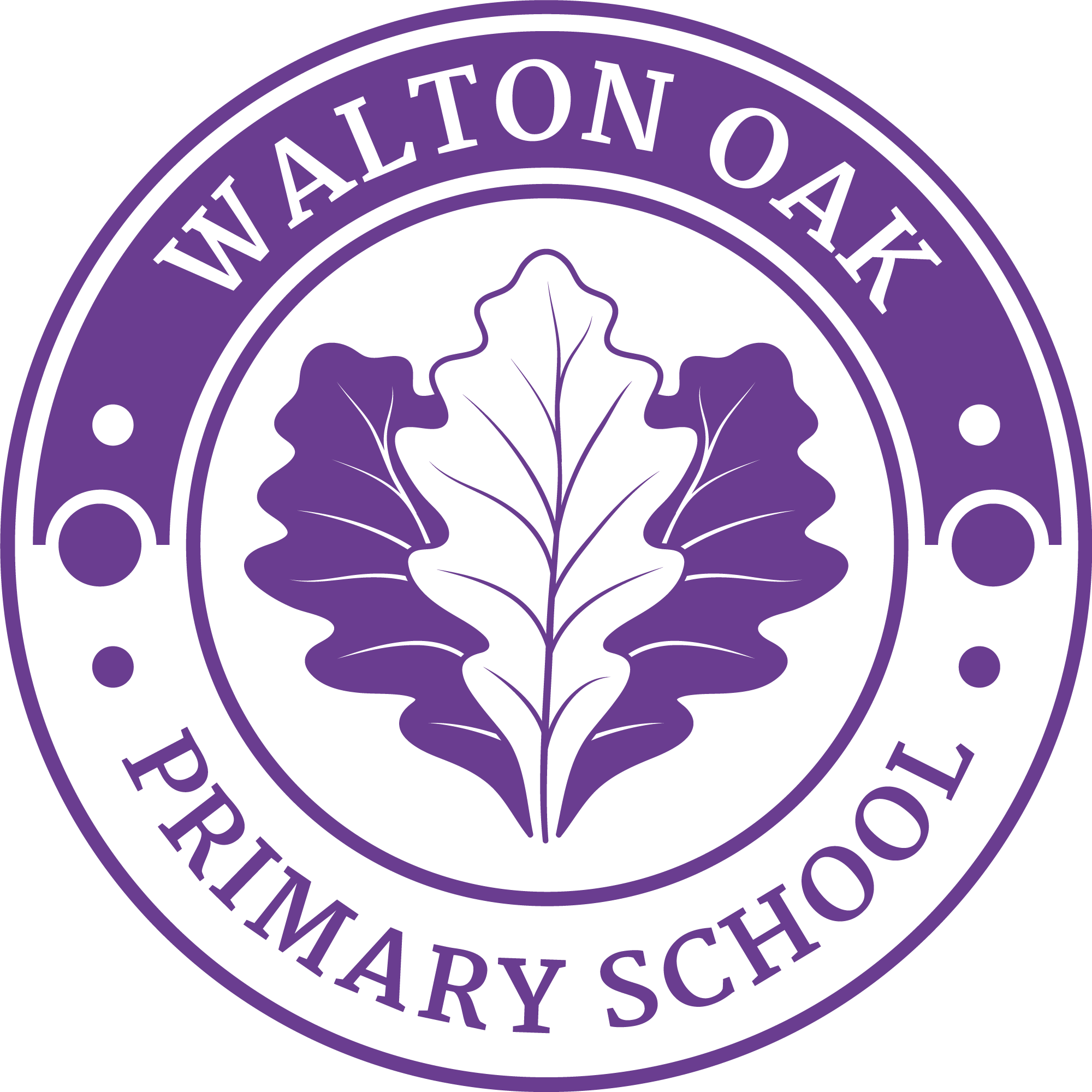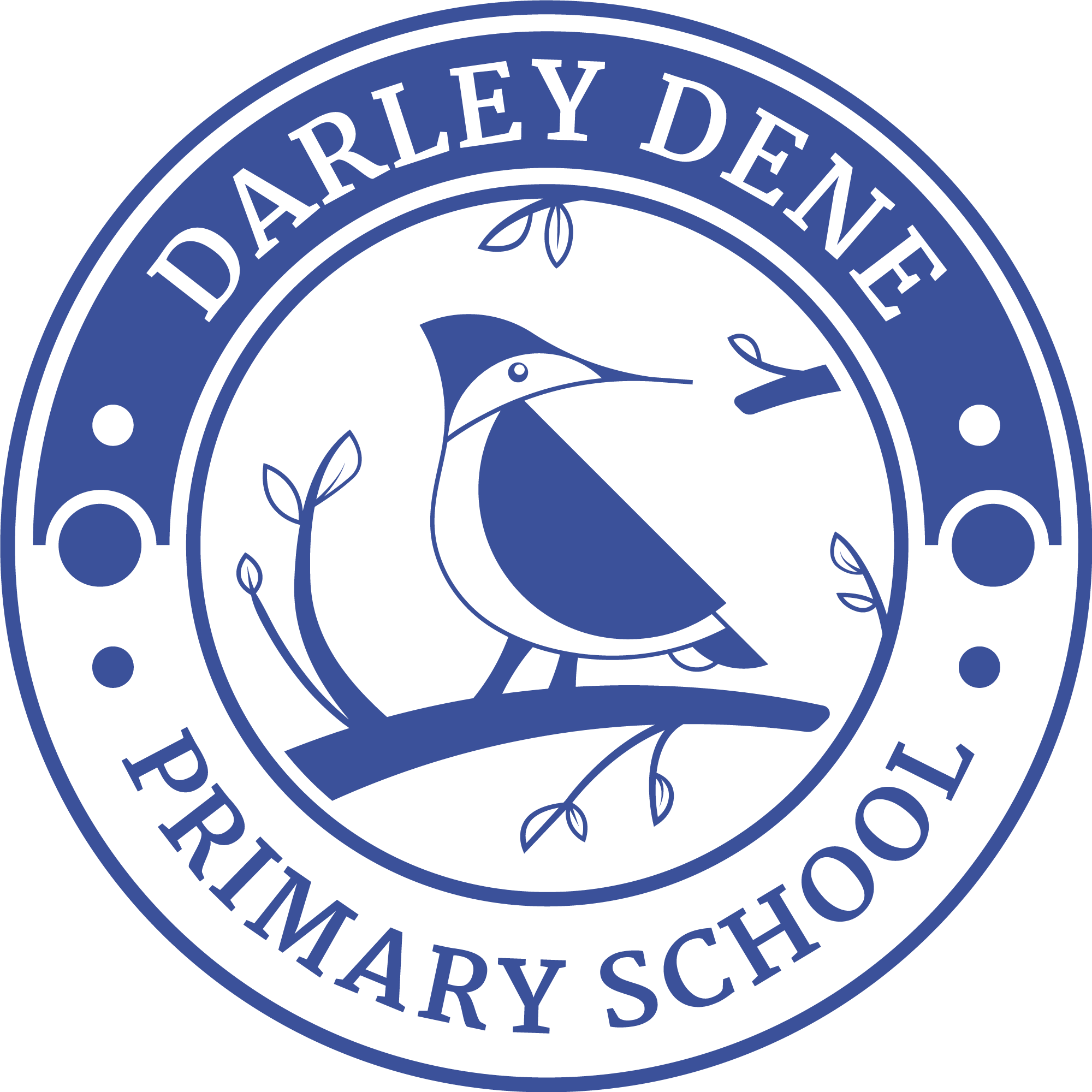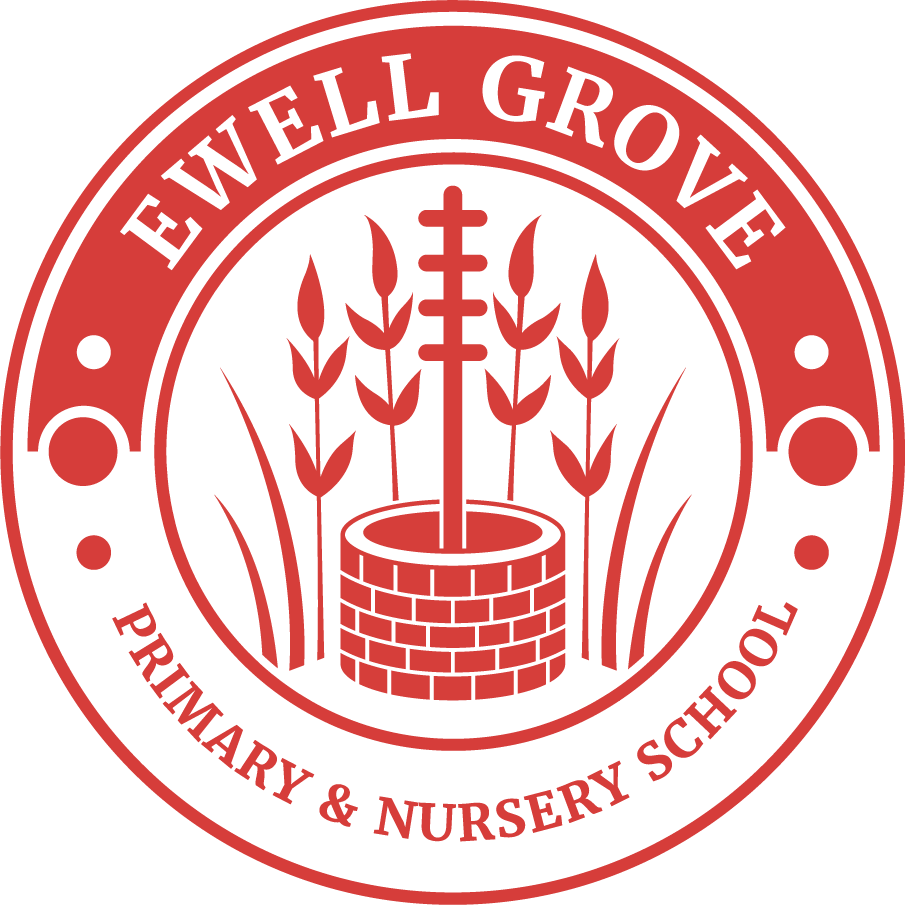Early Years Foundation Stage (Nursery & Reception)
The early years foundation stage (EYFS) is a comprehensive statutory framework. The framework sets standards for development, learning and care of children from birth to five. Throughout the EYFS the children will be assessed using ‘Development Matters’.
There are seven areas of learning that are divided into two groups:
The prime areas begin to develop quickly in response to relationships and experiences, and run through and support learning in all other areas. The prime areas continue to be fundamental throughout the EYFS.
The specific areas include essential skills and knowledge. They grow out of the prime areas, and provide important contexts for learning.
Personal, Social & Emotional Development
- Self regulation
- Managing self
- Building relationships
Communication and Language
- Listening and Attention
- Attention & understanding
- Speaking
Physical Development
- Fine motor skills
- Gross motor skills
Literacy
- Comprehension
- Word reading
- Writing
Maths
- Number
- Numerical patterns
Understanding the World
- Past and present
- People, Culture and Communities
- The Natural World
Expressive Arts and Design
- Creating with Materials
- Being Imaginative & Expressive
Below you can read more about each of the seven areas of learning in more detail:
Communication and Language
We learn to develop our listening and attention skills by listening to one another and to nursery rhymes, songs and stories. We develop our understanding by responding to questions and instructions. We use language as way of communicating our needs, sharing experiences and demonstrating our understanding.
English
Expressive Arts and Design
Art is a way of understanding the world and of
In the early years, expressive art and design provides
In Key Stages 1 and 2, children further develop their skills and understanding of specific art techniques. Children are taught the processes and techniques of art, craft and design including: colour, drawing, pattern, texture, textiles, painting, sculpture, printing and evaluating. These elements of art are taught alongside the skills necessary to work in 2D and 3D.
Maths

We explore shape and space using different resources. We 
Personal, Social and Emotional Development

We learn to increase our self-confidence and self-awareness. We develop our ability to manage our own feelings and behaviour.
Physical Development

We learn to move and handle equipment safely and correctly.
Understanding the World

We explore our environment discussing what we see and the changes that we observe.
We learn about technology using remote controls, operating equipment and computers. We use computers to enhance our learning and every class has an Interactive White Board to share learning and bring the world into our classrooms.
















